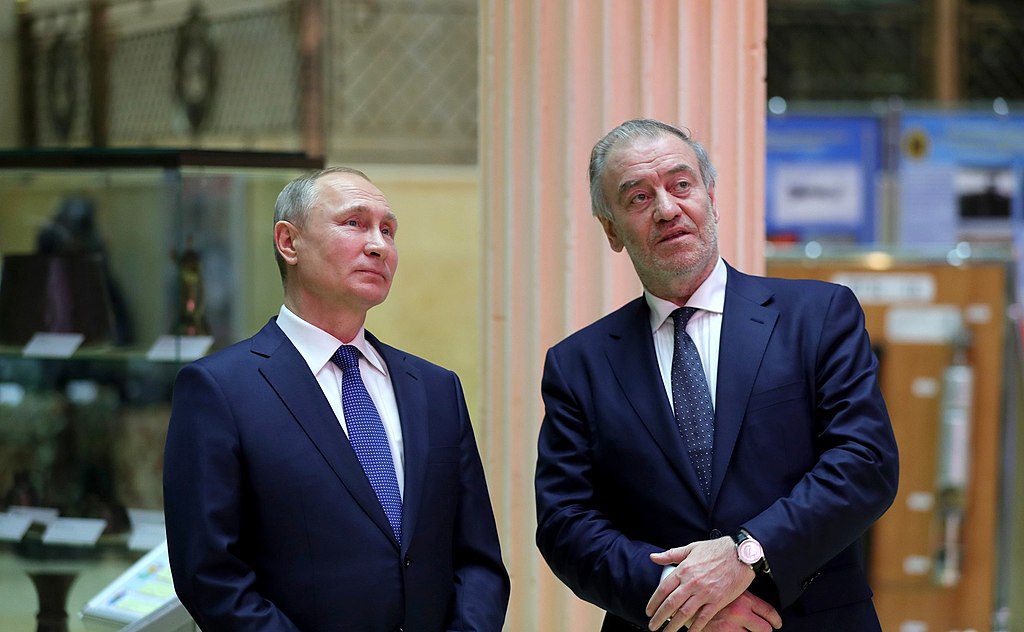
Russian sanctions have now reached into the world of the performing arts. Valery Gergiev was fired on Monday, March 1st, with immediate effect from his position as chief conductor of the Munich Philharmonic. The decision was made by Dieter Reiter, mayor of Munich and member of the Socialdemocratic Party (SPD). Gergiev had failed to respond to requests to distance himself from Russian President Vladimir Putin and the war in Ukraine.
According to Reiter, Gergiev held a “very positive assessment of the Russian ruler,” but had refused to “rethink and revise” his position. By asking Gergiev to publicly denounce the Russian president, Reiter sought a “clear signal” of Gergiev’s correct political temperament, which was essential to continuing their collaboration. “Since that didn’t happen, the only way forward is separation,” wrote Reiter.
The decision by Munich’s mayor is only the latest blow to Valery Gergiev. Already on Sunday, February 28th, the Russian was dropped by his management company Felsner Artists, also located in Munich. The director, Marcus Felsner, released a personal statement in which he explained his decision.
“In the light of the criminal war waged by the Russian regime,” Felsner said, “it has become impossible for us, and clearly unwelcome, to defend the interests of Maestro Gergiev…who will not, or cannot, publicly end his long-expressed support for a regime that has come to commit such crimes.”
Felsner praised the extraordinary artistic and human qualities of Valery Gergiev and concluded that “it would be utterly wrong to hold artists accountable simply because of their nationality.” But, he went on to say, “artists also understand the clear difference between patriotism and active political support of one’s nation’s current government,” holding Gergiev accountable for a pro-war stance because of his reluctance to publicly denounce Russia. Felsner went on to express his hope that “Valery Gergiev will soon enjoy the freedom to represent a nation that is rightly proud…of the adherence of its leaders to peace, open society, and the rule of law.”
Prior to this decision, the Rotterdam Philharmonic Orchestra already announced the cancellation of the annual Gergiev Festival for similar reasons.
Gergiev isn’t the only Russian artist to be canceled, though. Also the famous soprano Anna Netrebko has been released by the Bavarian State Opera. The director of the Opera house, Serge Dorny, justified this decision with the “insufficient distancing” by Netrebko from the war in Ukraine. Dorny ended his statement in which he severed ties with Netrebko by explaining that “respect towards each other and dialogue with each other are absolutely essential for a peaceful and humanitarian coexistence.”
Netrebko herself had previously taken to Instagram, expressing that she wanted “the war to stop” so that “people could live in peace.” Netrebko herself has many friends in Ukraine and “the pain and sorrow” are heartbreaking to her. She did stress, however, that she thinks “it is not right to force artists or other persons of public life to make their political views public and to insult their homeland.” Like many of her colleagues, she claimed, she is “not a political person.”
The Bavarian State Opera released a statement on its website stressing its commitment to “respect, integrity and dialogue” for and with each other, which it considers “absolutely essential” to “ensure peace and humanity.”
